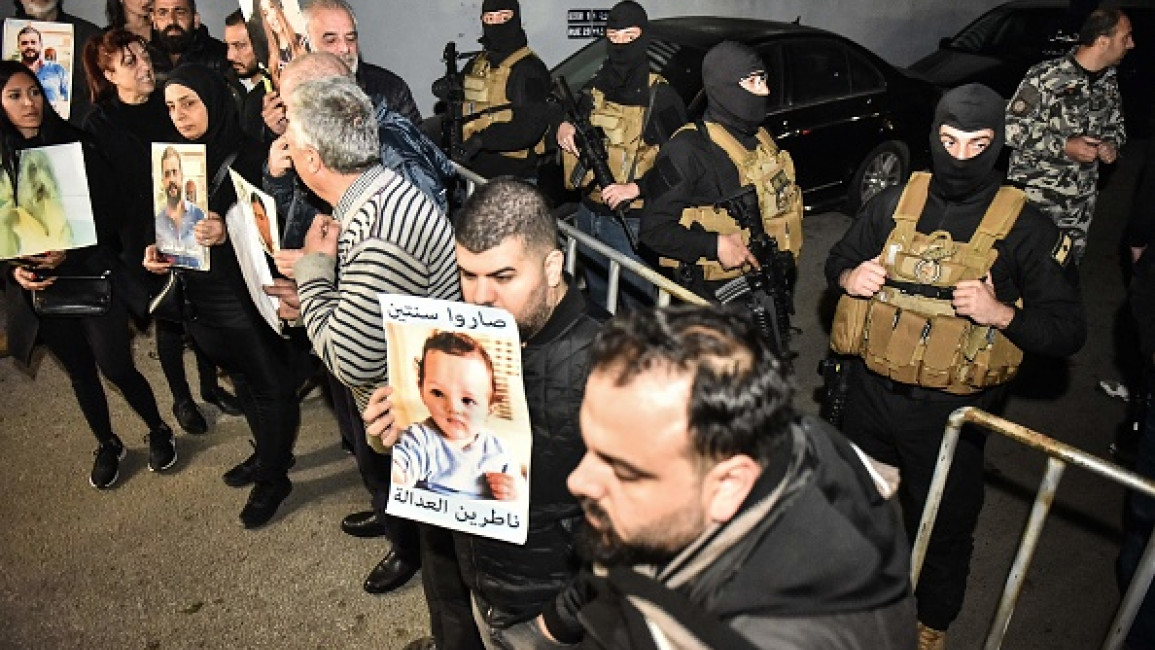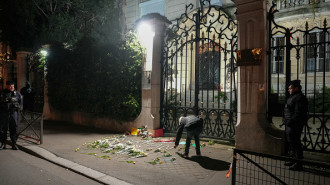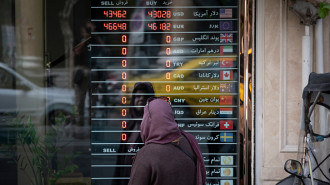Beirut blast judge postpones interrogations over dispute
The Lebanese judge leading the investigation into the deadly 2020 Beirut port explosion said on Monday he has postponed questioning of officials over a dispute with the country's top prosecutor.
Judge Tarek Bitar resumed his probe last month after a 13-month hiatus amid vehement political and legal pushback, which now threatens to derail the investigation once again.
Reopening the case, he had charged several senior former and incumbent officials, including Prosecutor General Ghassan Oueidat.
Oueidat retaliated by charging the judge with "usurping power" and insubordination, and slapped Bitar with a travel ban.
Bitar told reporters on Monday he has postponed all interrogations planned for February due to the "lack of cooperation" from the prosecutor's office, without setting new dates.
"There are charges accusing me of usurping power that must be resolved," he said from his office in the Lebanese capital.
If these charges "are proven, then I must be held to account, and if the contrary happens, then I must continue the investigation," Bitar argued.
One of history's biggest non-nuclear explosions, the blast on August 4, 2020 destroyed much of Beirut port and surrounding areas, killing more than 215 people and injuring over 6,500.
Authorities said the mega-explosion was caused by a fire in a portside warehouse where a vast stockpile of the industrial chemical ammonium nitrate had been haphazardly stored for years.
The arm-wrestling between Bitar and Oueidat is the latest in Lebanon's mounting woes, facing dire economic and political crises.
Observers fear the spat over the blast probe could lead to the outright collapse of the judicial system -- one of the country's last fully functioning state institutions.



